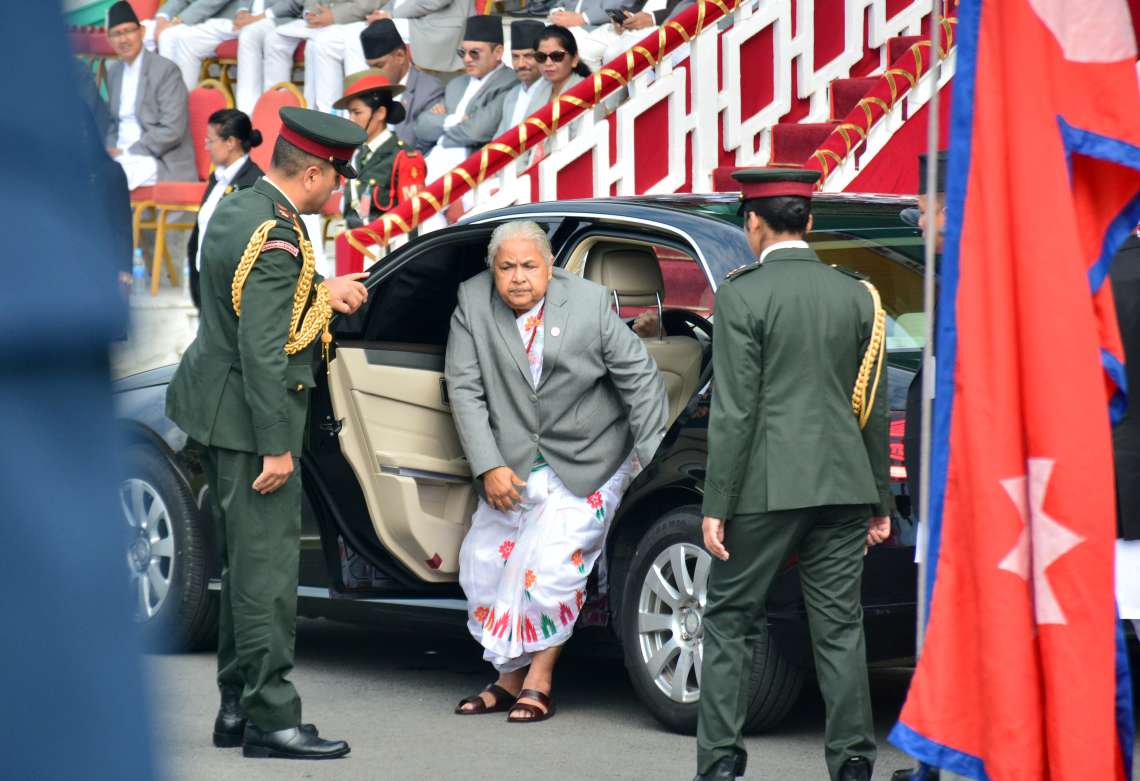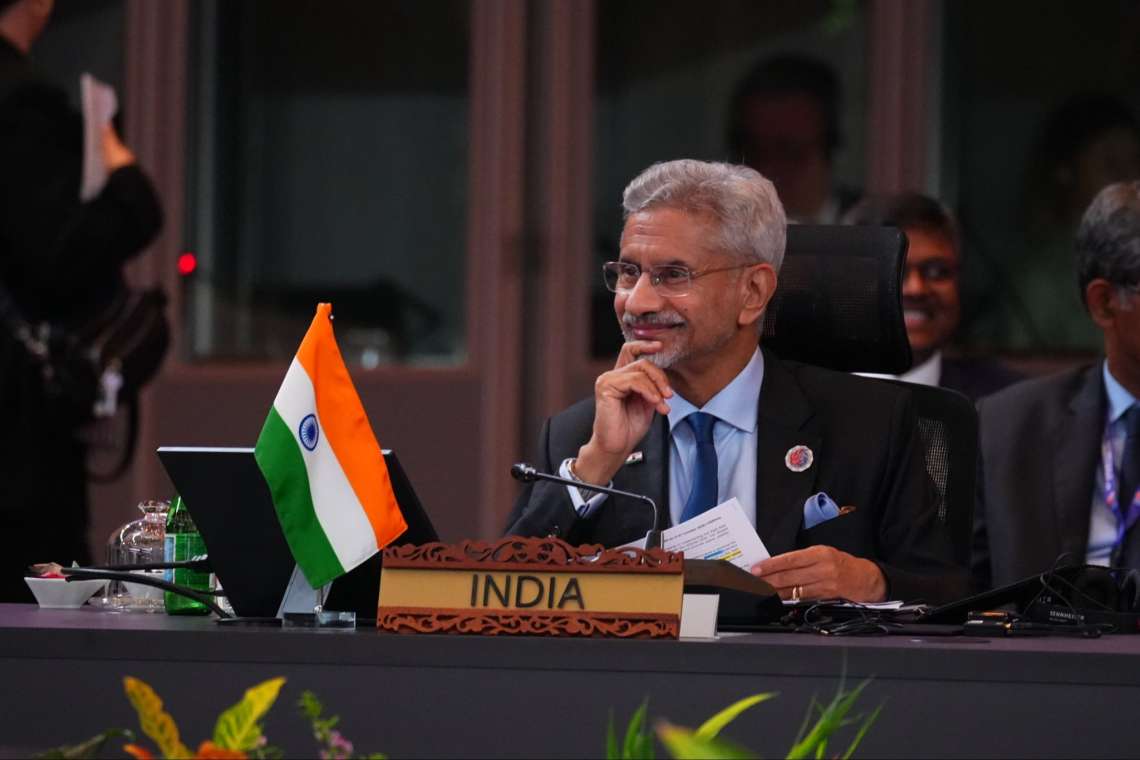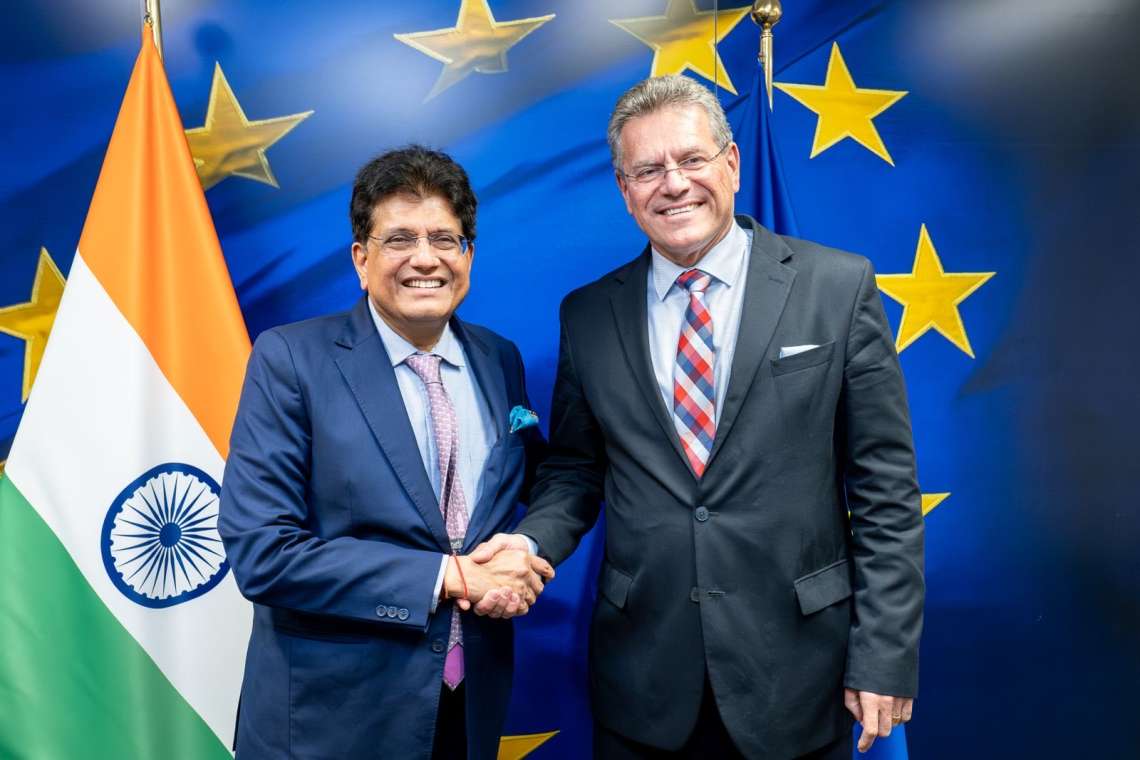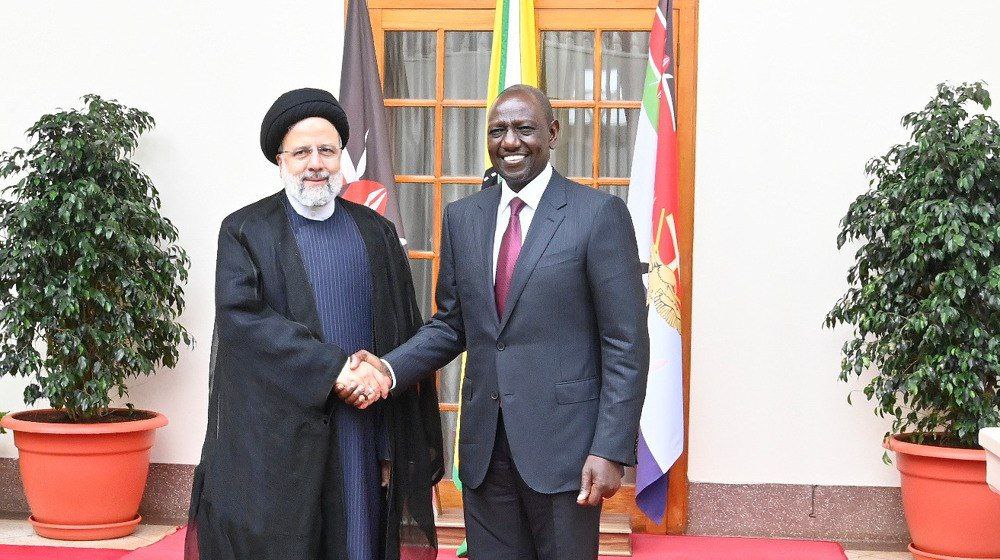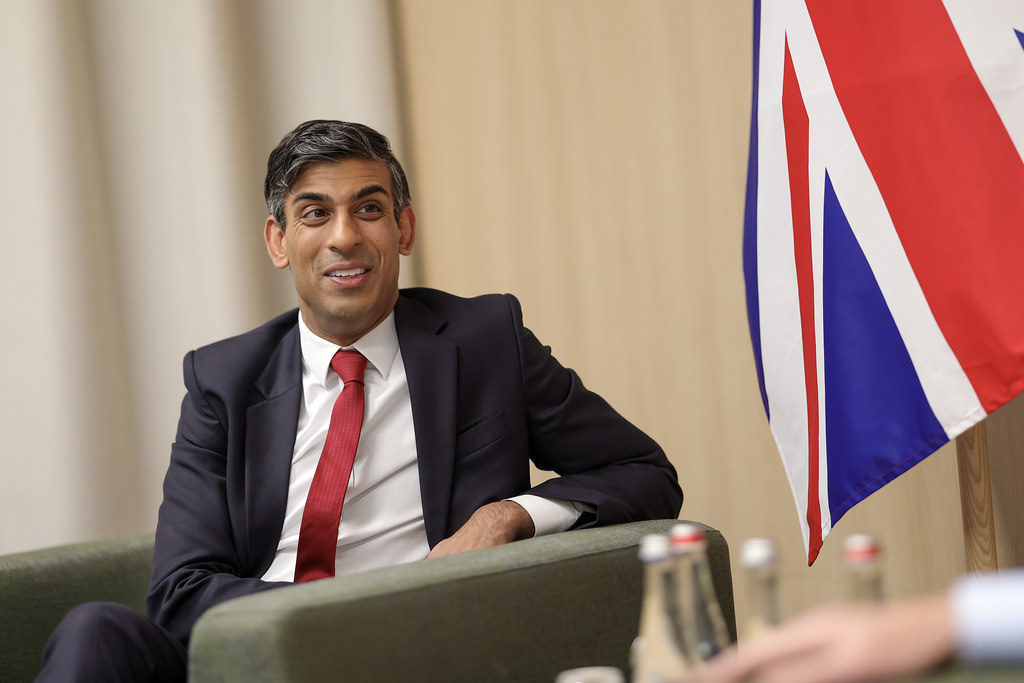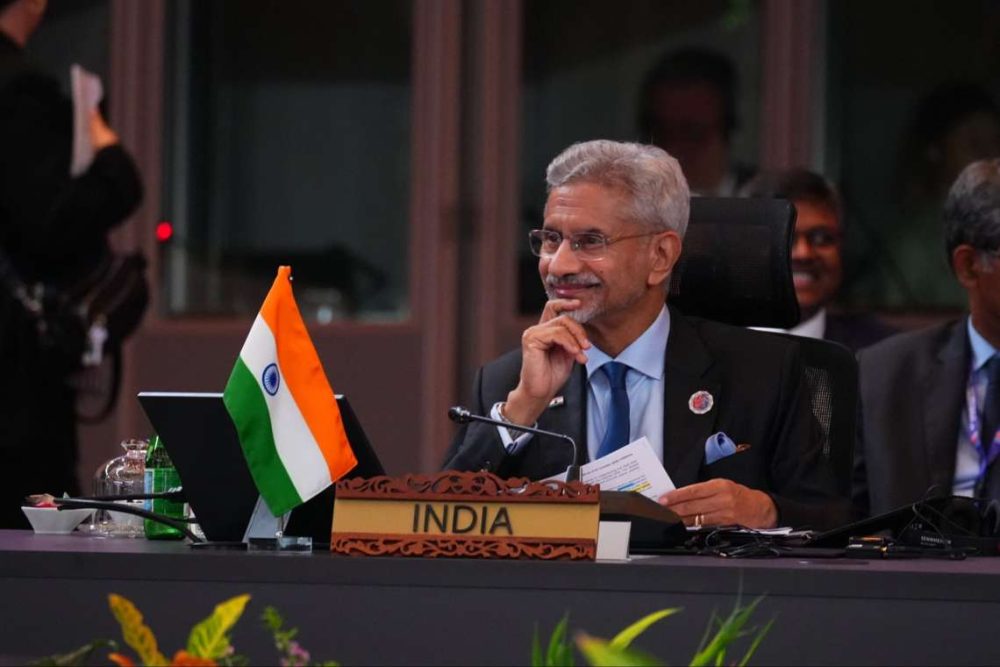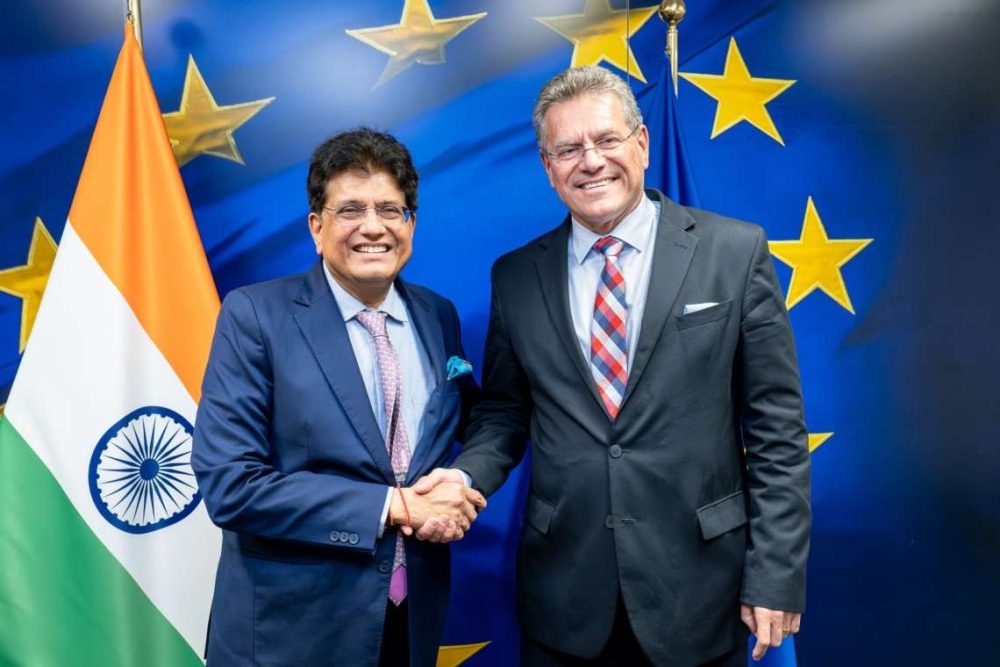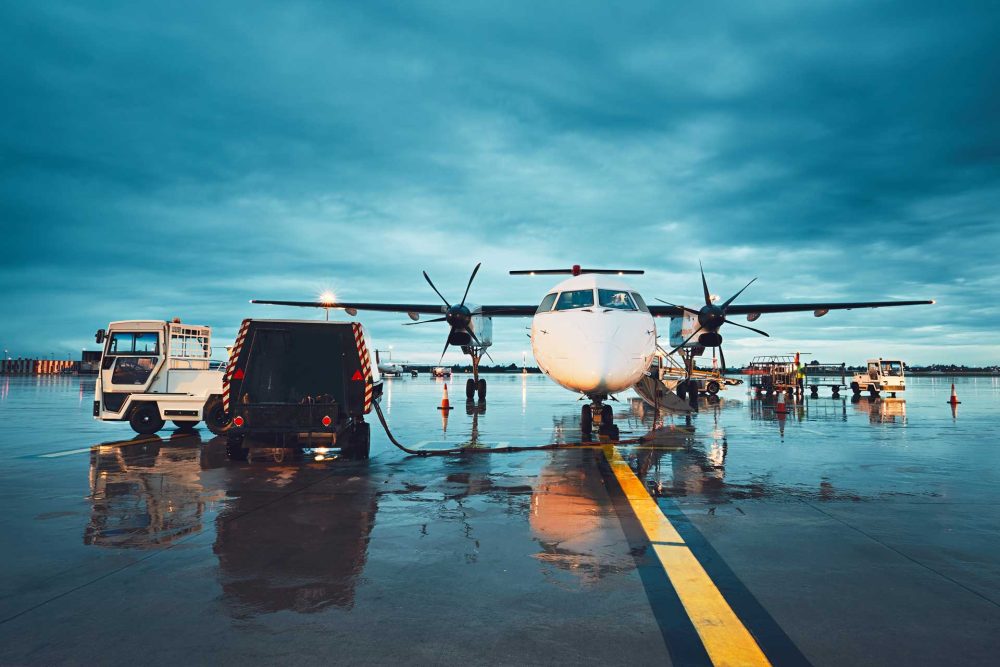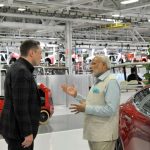India is championing the 54-member AU to emphasize that the G20 must remain cognizant of Global South’s concerns, particularly those from Africa…reports Asian Lite News
There are evident signs that there has been a marked revival in India’s Africa policy after the hiatus of the pandemic. Taken together, these factors manifest an emerging framework, which builds on the past but modernises the relationship to deal with current realities. This could well be the precursor to holding the India Africa Forum Summit IV (IAFS IV) this year itself, perhaps soon after the G-20 Summit.
As the G20 President, India has voiced the aspirations and priorities of the Global South. In this, Africa plays a major role. The Voice of Global south virtual Summit held in January had many African countries participating. At one stroke this brought several African LDCs, landlocked countries, SIDS and debt stressed countries into a forum where, for the first time, they were heard directly by a G20 Presidency.
India’s list of guest countries shows a preference for the Global South. Invitees from Africa include Egypt, Nigeria, Mauritius, and Comoros as the Chair of the African Union. The Chair of the New Partnership for Africa’s Development (NEPAD) is also invited. South Africa is the only African country in the G20.
Secondly, continuing with its tradition of providing avenues for Africa to have its voice heard in the international order, India took the initiative of promoting the African Union for a full G 20 membership. PM Modi proposed this to the other leaders and discussed the issue with US President Joe Biden as well. This put an end to the whispers that India was holding up the elevation of the AU, which many countries had bilaterally supported.
Now every G20 member must take an open position on African aspirations. India is championing the 54-member AU to emphasize that the G20 must remain cognizant of Global South’s concerns, particularly those from Africa. The AU ambition approved at its last summit in February, is likely to be met through this Indian initiative. This will be the most visible sign of AU being included in a global forum since Africa, like India still awaits a reform of the UN and its Security Council.
Thirdly, during the G20 presidency, External Affairs Minister S. Jaishankar has accelerated his visits to Africa. In the last few months, he visited seven African countries. Recently, he was in Tanzania on a stand-alone basis. In April he visited Uganda, stopped over in Addis Ababa, and went on to Mozambique. In June he went to South Africa for the BRICS foreign ministers meeting at which he met several invited African foreign ministers and then visited Namibia. He accompanied the Prime Minister to Egypt in June, too. This is a rapid pace indeed, during a busy diplomatic calendar of the G- 20 presidency.
Fourthly, India has shown greater openness to expanding BRICS. India would welcome new African members but that is contingent on what South Africa feels. South Africa is likely to invite all African leaders to a BRICS outreach program but will it agree to more African countries becoming members of BRICS? Here, India could nudge for admission of Egypt or Nigeria. These countries are friends of China, but less likely to be overrun by Chinese preferences within BRICS and help restore its balance.
It is evident now that the system of lines of credit has dried up, due to debt stress, the costs of borrowing and changed preferences of countries particularly in Africa. It was a good system for 15 years and gave India benefits. It spread the Indian private sector backed by lines of credit (LOCs) into nearly 44 African countries and empowered them to become competent to bid for projects in those countries backed by other financial institutions. Several of the companies who benefited from the LOCs have undertaken transmission line projects, railway development, port construction, logistics terminals, water, and solar energy projects. These are funded by either private conglomerates or by multilateral financial institutions. Would we have ever imagined that Indian companies would thrive in CAR, DRC, and Benin on their own? Or ports like San Pedro in Ivory Coast, Owen do in Gabon and Nouakchott in Mauritania would have an Indian EPC contractor?
During bilateral visits now, no lines of credit are announced. There is greater recognition that African countries prefer FDI. Indian companies investing in Africa are now better recognized. The government is diplomatically supporting them. More can be done. India’s trade has jumped to $ 98 billion and FDI to $ 75 billion in Africa.
The human resource development-based Africa policy that India pursued for some time, has been tweaked. and pushed forward, The ITEC programme is the best-known Indian brand in Africa as per a survey in the book, The Harambee Factor on India-Africa Economic and Development Cooperation. It performed well during the pandemic when it converted itself into an e-ITEC programme holding programmes on sites in African countries and thus not losing its momentum. It introduced several programmes dealing with what is relevant in dealing with the pandemic and its consequences.
ALSO READ-Kenya, Iran ink 5 deals to promote ties



